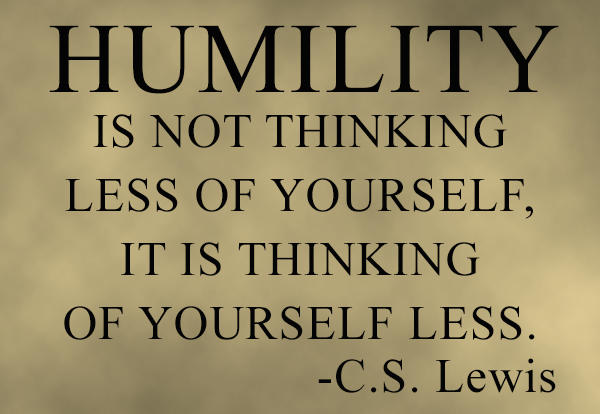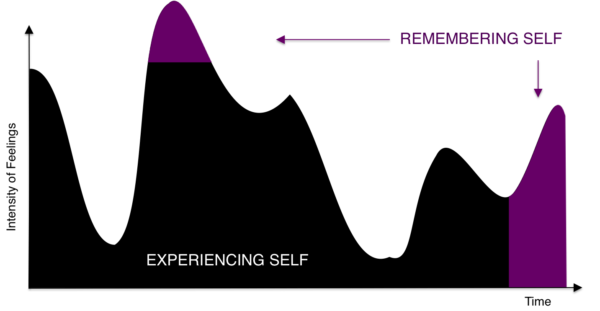Like many others, I look around me for inspiration. Fortunately, with the company I keep, the books I read, and the environment in which I live, I don’t have to look too hard. One of the forums I frequent offered the following quote attributed to Joseph Priestley:
“The more we elaborate our means of communication, the less we communicate.”
I did a little research and was perplexed by the number of people who endorsed such a message. There is plenty of evidence that technology is making many of us lazy communicators, that texting alone is eroding language proficiency, and that social networking makes relationships with “friends” or “connections” increasingly superficial. I won’t argue that one bit. I have been disappointed more than once by the lack of response to a message I transmitted, whether it be by voice, text, e-mail, or letter. I acknowledge that text messaging, chat abbreviations, and social shorthand has created a language that resembles English less and less each day. And I freely admit that being “friends” with people we have not met in the physical world makes me a little uncomfortable at times. That said, the technology that enables such communication amazes me. I believe that the more elaborate the means become, the more I communicate.
On a given day, I learn from thought leaders by watching (or listening to) talks they have given, blogs they have written, and articles they have shared. I connect with friends, family, and Shipmates from around the world through text, voice, and even letters. I reach out to inspiring people I have never met, and more often than not receive a meaningful response. Technology is amazing to me and the most impressive application is the communication it enables. As you might imagine, I completely disagree with Mr. Priestley. Instead, I offer the following:
“The more we elaborate our means of communication, the MORE we communicate, the wider the audience becomes, the farther our message is heard, and the greater the chance of reciprocation.”
Leaders have a responsibility to use any and all communication means available to effectively communicate with others. Meetings need not be physical in nature (though many times direct presence is required) and a message might be best articulated through pictures, numbers, words, graphs, tables, video, or any combination thereof. The important thing is that communication is effective, not that it is elaborate. That said, the more elaborate our means becomes, the greater the opportunity we have to truly reach the target audience, provided we care enough to truly communicate.
- What communication vehicles are you afraid to use?
- How is your target audience best reached?
- Do you expect the audience to come to you or do you recognize your responsibility to go to them?




I couldn’t agree more. Although the excessive means by which we communicate may serve to dilute the actual discussion, it certainly opens up a wide range of opportunities to connect. About six months ago I started exploring avenues into the State Department (specifically Foreign Affairs Officer track). Without any direct connections, I turned to ‘Google” for direction. I researched the job series and performed some basic searches through online forums and LinkedIn. Within an hour, I identified several FAOs along with their contact info. I reached out to each one explaining to them my intentions and motivation. One of three responded and happened to be a mentor within DOS. He continues to provide me guidance and mentorship to this day. Technology has truly opened up doors for me in terms of “connecting” and “communicating”.
Your point about leadership and their efforts towards communicating via any and all means necessary “to reach the target audience” is well taken. Recently my organization stood up a daily blog to convey important information to the workforce. We used to receive this information via “all hands” emails. The endless amount of “all hands” email that flooded our inboxes were typically ignored and deleted. Not because the messages weren’t important, but because they were not communicated effectively. The daily blog that our ED stood up is a much better tool and reaches a much larger audience.
Great post! I never understand why so many people are so skeptical and opposed to all of the recent technology innovations that enhance global and remote communication.
V/R, Josh Jordan
I was wondering if you knew the actual source of the quote “The more we elaborate our means of communication, the less we communicate.” I have found two quotations, almost identical, the first above, and the second “The more elaborate our means of communication, the less we communicate.” Numerous sources I have found attribute each of these quotations to either J. B. Priestley, the twentieth century novelist and broadcaster, or Joseph Priestley, the 18th century polymath. Interestingly, they are not unanimous on which is attributable to each person. Not one “source” has actually cited the primary source (by primary source, I mean the actual publication by the respective author). I find it hard to believe that the two people with almost identical names, each uttered almost identical quotes. I also find it hard to believe that I cannot find the actual source of the quotation. Any comment
Fred, I do not. I heard the quote on a podcast and they attributed it to “Joseph Priestley” with no additional context. Your research is interesting. Please let me know if you are able to solve this riddle.
I now have proper attribution and wording:
“The more we elaborate our means of communication, the less we communicate.”
See Baden Eunson, Communicating in the 21st Century, reference Priestley’s Paradox.
Source reference for the quote is J.B. Priestley, Thoughts in the Wilderness. Heinemann, 1957, p. 201.
Thanks for the insight!
Great post, Sean; I sometimes think that what we’ve got now by way of comms capability is what my grandparents would have thought gave us something like ESP. And Fred, THANK YOU for solving the Priestley matter. That’s been bugging me for ages.
Josh: your comments remind me of a passage in Sun Tzu: “On the field of battle, the spoken word does not carry far enough: hence the institution of gongs and drums. Nor can ordinary objects be seen clearly enough: hence the institution of banners and flags. Gongs and drums, banners and flags, are the means whereby the ears and eyes of the host may be focused on one particular point.”
I have always agreed with this internet quote under the idea that elaborate shared a greater connection to painstaking than detailed. This aligns with definitions from Dictionary.com which had it and others similar words listed as sysnonyms. Such synonyms were not directly found on the Merriam-Webster or Oxford dictionary’s websites. Dictionary.com is entirely maintained on the internet while the other two more renowned dictionaries started with the physical copies some time ago. The internet could see elaborate as more of synonym of painstaking either through ignorance or the belief that the path of least resistance is better than one of ornate detail. With the lowest common denominator waying down on the internet’s definition, elaborate could shift its common meaning. I’d suppose that the idea currently backing the phrase is that elaborate should be replaced with something more along the lines of arduous to amend the message of the quote. Thereby giving a more accurate definition for how it is currently used. Although it would remove the ability of directly quoting it, this would clarify the issue of a misnomer. As adjusted it would be an argument for the better ease of access and use of communication methods rather than a statement against the technological progression and complication of communication methods. An argument for the streamlining of data networking would seem to agree with the mentality of the progression of technology.
I’ve always seen the quote as an overacarching guideline for communication rather than something to follow to the T, brushing aside my semantic tendencies. This post made me question my ignorance and search for my own answers. Thank for the time and effort you put into it! It’s greatly appreciated.
JB Priestley was a playwright who wrote some incredibly thought-provoking pieces, including his time plays – you should try and see one – my favourite is “I Have Been Here Before” based on the ideas of PD Ouspensky. When he says communicate I believe he means deep, meaningful exchanges of views and ideas such as those in this play and many others. I don’t believe that keeping in contact with people and staying connected with others via text and Facebook involves the same depth of communication.